Hydrogeology Careers: What Do Hydrogeologists Do?
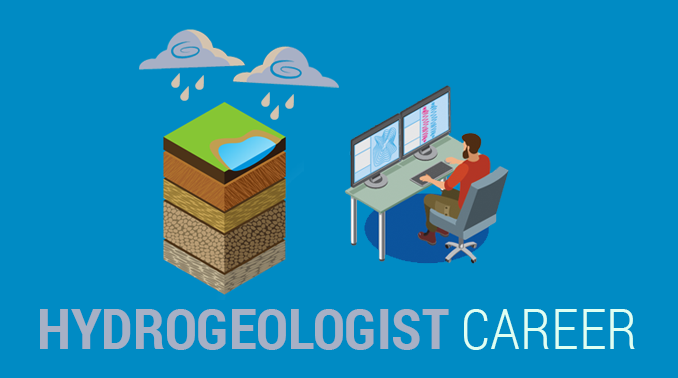
Hydrogeology Careers
Hydrogeologists focus on how groundwater is transported and distributed in the soil, rock, and crust of the Earth.
About 50% of the people in the world rely on groundwater. So, this is why we have to conserve and protect this precious resource.
That’s where hydrogeologists come in. Hydrogeologists manage groundwater as a resource.
Today, you’re going to learn about hydrogeology. How much do they earn? And what job duties do they perform?
How much do hydrogeologists earn?
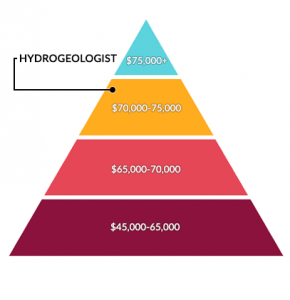
Hydrogeologists earn an average salary of about $80,000. Job growth is faster than average in this field with a positive outlook.
Common degrees for hydrogeologists are:
- Geology
- Civil engineering
- Hydrogeology
They tend to work in an office or outdoor setting. For example, hydrogeologists may work in the field assessing water quality, contamination, or borehole sites. They may also work in the office preparing reports and analyzing groundwater models.
Who hires hydrogeologists?
Hydrogeologists are hired by a variety of organizations and industries, including:
- Environmental Consulting Firms: These firms often employ hydrogeologists to assess groundwater resources, contamination, and environmental impacts related to water.
- Government Agencies: State and federal government agencies, such as the U.S. Geological Survey (USGS) and the Environmental Protection Agency (EPA), hire hydrogeologists to conduct research, monitor water quality, and manage water resources.
- Water Management Authorities: Organizations responsible for managing water resources, including municipal water suppliers and water districts, hire hydrogeologists to ensure the sustainable use of groundwater and surface water.
- Mining and Energy Companies: These industries employ hydrogeologists to assess and manage water resources for their operations and address environmental concerns related to water.
- Academic and Research Institutions: Hydrogeologists often work in universities, research institutions, and laboratories, where they conduct research, teach, and train the next generation of hydrogeologists.
The specific job opportunities for hydrogeologists may vary depending on their expertise, geographic location, and the current demand for water-related services in different industries.
What do groundwater supply specialists focus on?
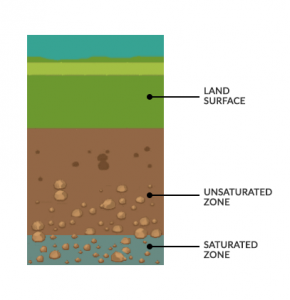
Water supply is another issue that hydrogeologists are concerned with so groundwater supply specialists focus on water availability.
About 50% of the people in the world rely on groundwater. For example, it is an important source of drinking and irrigation water across the globe.
So instead of focusing on contamination or remediation, water supply hydrogeologists analyze long-term monitoring, availability, and quality.
“As groundwater has to be carefully managed to guard against overuse, there will always be a need for hydrogeologists.”
Do environmental consulting companies hire hydrogeologists?
Environmental consultancy mainly looks into factors like:
- Contaminated groundwater (or land)
- Assessing risk
- Site Remediation
Contaminated land is a big issue. This is because only in the recent past have petrochemicals, chemicals, construction industries had to ensure they weren’t polluting groundwater.
This is why the most demand for hydrogeologists is in the environment sector. For example, industries must ensure they are following laws and regulations such as:
- Mining
- Oil and gas
- Construction
This is where groundwater model development, assessment, and reporting for water management play a key role.
How much field work do hydrogeologists perform?

Entry-level hydrogeologist jobs tend to involve more fieldwork. For example, entry-level hydrogeologists often do the following:
- Install monitoring wells
- Perform groundwater sampling
- Borehole logging
In addition, this comes with a fair share of data entry and reporting.
In regards to the actual chemical and geotechnical testing of soils and water, this is almost entirely done by specialists in an environmental lab.
Environmental investigations and remediation
Senior hydrogeologists often oversee environmental investigations and remediation.
Instead of collecting the physical groundwater samples, they perform and oversee the detailed hydrogeologic, hydrologic, and hydraulic studies.
This comes with a fair amount of hydrogeology modeling and analyzing groundwater flow.
Senior hydrogeologists are also often more involved in flood protection designs and developing construction documents for engineering drawings and technical specifications.
Hydrogeology Careers: What Do Hydrogeologists Do?
There are many career opportunities for people who have a passion for the natural world. Hydrogeology is an exciting field that allows people to study water, soil, and groundwater systems.
Hydrogeologists can work in a variety of settings including academia, government agencies, consulting firms, and industry.
Otherwise, if you have any questions or comments, please let us know with a comment below.





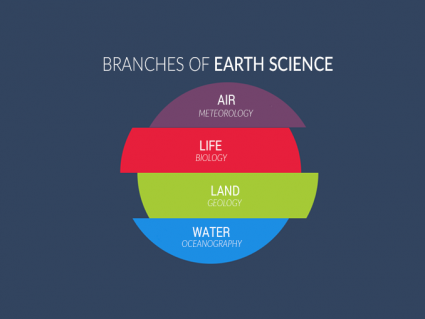






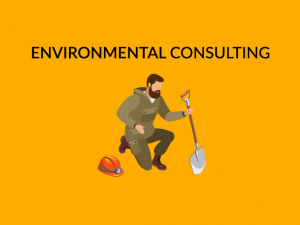


Informative and perfect report. For the groundwater cycle and installation of new boreholes, the monitoring system is very much essential.
I graduated from Flinders university, I am looking job at entry-level, could you help me to get a job as a hydrogeologist?
As a hydrogeologist I found this article very informative and effective.